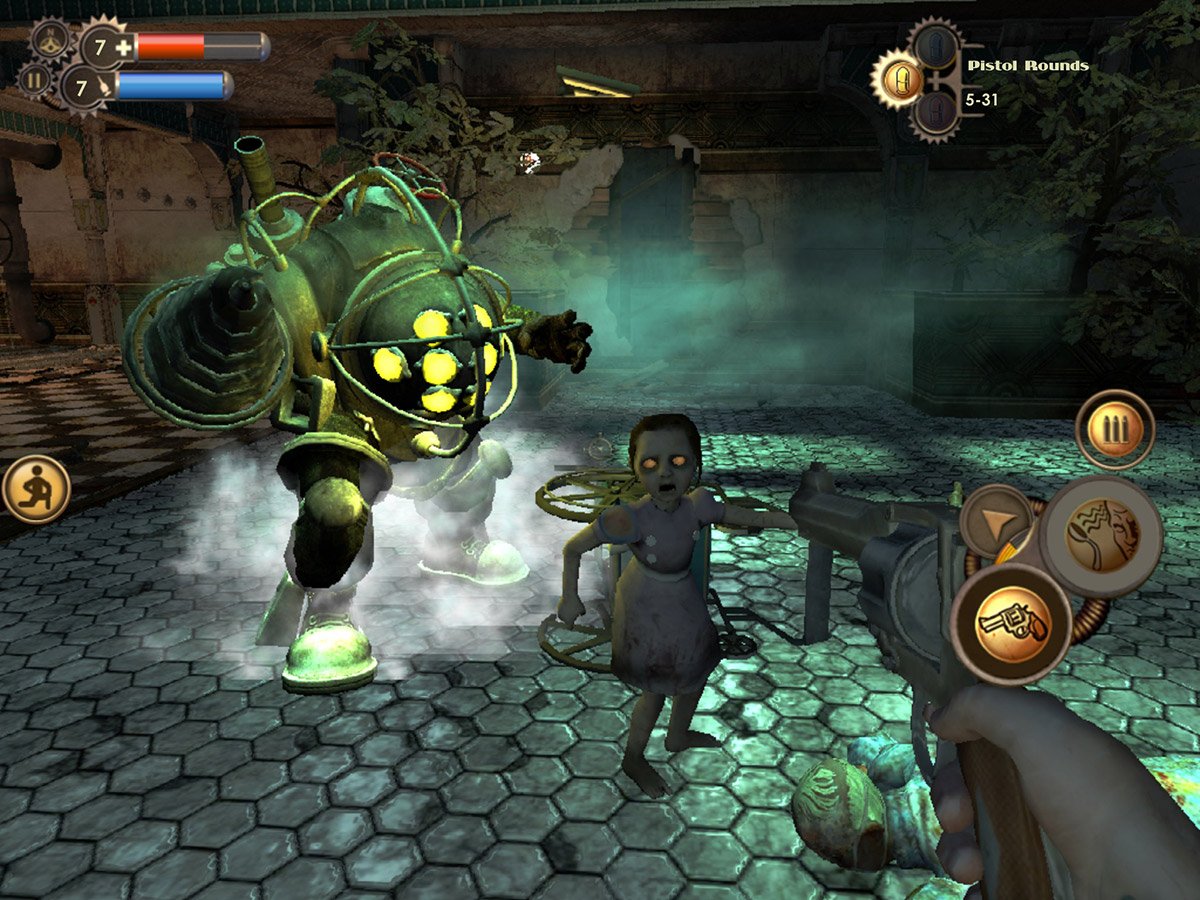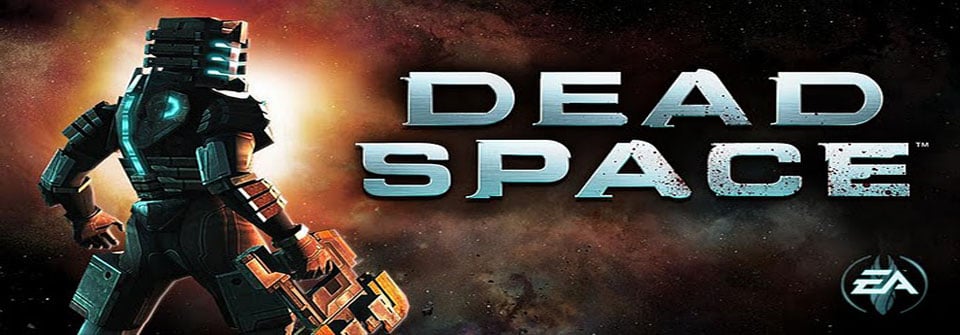The lack of consumer ownership of digital content has long been a precarious condition that gamers have had to accept if they wished to purchase and play their favorite software titles. Be it an unfavorable end-user license agreement (EULA) or digital rights management (DRM), corporate entities have endeavored to convey that consumers do not own digital content, but rather license the content for an indeterminate period of time, during which the rights holder can terminate said license with impunity. Don’t believe me? Here is a snippet of Rockstar Games’ lengthy EULA.
Subject to this Agreement and its terms and conditions, Licensor hereby grants you a nonexclusive, non-transferable, limited, and revocable right and license to use one copy of the Software for your personal, non-commercial use for gameplay on a single Game Platform (e.g. computer, mobile device, or gaming console) unless otherwise expressly specified in the Software documentation. Your license rights are subject to your compliance with this Agreement. The term of your license under this Agreement shall commence on the date that you install or otherwise use the Software and ends on the earlier date of either your disposal of the Software or the termination of this Agreement (see below).
The Software is licensed, not sold, to you, and you hereby acknowledge that no title or ownership in the Software is being transferred or assigned and this Agreement should not be construed as a sale of any rights in the Software.
As of 2010, a decision from the 9th Circuit of the U.S. Court of Appeals has determined that EULAs are legally binding and enforcable. In the event that anyone was unaware of this reality, Apple Inc., Electronic Arts, 2K Games, Capcom and Telltale Games have made the matter unequivocally clear with their recent actions.
Our distinguished peers over at Touch Arcade have spent the past two weeks reporting on the extent of the damage being done by the aforementioned group of AAA publishers, each having recently invoked the termination clause of their respective EULAs in order to remove popular games from digital storefronts and user purchase histories.
Among the wiped titles are esteemed games such as Ghost Trick: Phantom Detective, Monster Hunter: Freedom United (Capcom), Bioshock (2K Games) and Dead Space (Electronic Arts).
The impetus for the removals is predicated upon two arguments;
1) Certain games no longer generate sufficient revenue to warrant their continued sale
2) Certain games are incompatible with current versions of iOS and Android, and are thus unplayable
Ostensibly, neither justification seems unreasonable, however, making a game unavailable to new customers is quite different from taking access away from users that have already paid for the game.

BioShock on iOS
Bioshock, which saw a mobile release last year on iOS, was silently removed from the Apple App Store, and subsequently from the purchase histories of users that already bought the game. 2K Games offered an apology but said that the decision was made when the developer was unable to surmount a glitch that made the game unplayable on any iteration of iOS after version 8.3. Given that Bioshock sold for $14.99, consumers were understandably livid.
The situation worsened when 2K games misinformed players that Apple would be offering refunds for any player that felt cheated by the removal of the game. The cries of iOS gamers were mostly ignored, as Apple invoked its own EULA to rebuff initial refund requests. After a torrent of backlash caught the attention of the gaming press, Apple offered a few free iTunes songs to disgruntled gamers, but still refused to refund the $14.99 charge.
Although 2K has been the focus of the controversy, other publishers have also removed paid content from the purchase histories of their customers. Electronic Arts pulled Dead Space back in September, and Touch Arcade confirmed that the game was missing from the purchase histories of its readers (note: Dead Space was pulled from Google Play as well, but remained available in the purchase history of those who bought the game. This week, the game returned to the Play Store with a recent $0.10 sale put on by Chillingo and EA). Likewise, Capcom and SEGA removed premium games from app stores and user purchase histories. Even the beloved Telltale Games has disabled user access to IAPs from pulled games, meaning that if a full game requires IAP, the user can do nothing (e.g. games where the first episode is free but subsequent episodes have to be unlocked via in-app-purchase).
The only glimmer of hope comes from 2K’s public backpedaling on the fate of Bioshock, which will be patched for iOS 8.4 compatibility and re-released to the iOS App Store later this year. Aside from that modest victory, consumers are still up a creek without a paddle when it comes to the other games that have been removed.
Even if one wanted to be a bit more optimistic about the entire debacle, the sad fact is that companies that sell digital content have had a dubious relationship with consumers for some time. Issues of ownership and access are nothing new to the world of gaming or digital content in general.
When Electronic Arts (surprise, surprise) released Spore for the PC in 2008, it was an absolute nightmare. Spore came packaged with Securom, a DRM tool that enforced a number of restrictions, including a limited number of installs and online authentication. Unsuspecting consumers were given no notice that the tool would be installed to their computers, and worse still, were unable to remove the unwanted tool even after uninstalling Spore itself. A class action lawsuit was initiated that same year.
One year later, in 2009, Amazon remotely wiped copies of 1984 from the accounts and Kindles of multiple customers. The erased copy was published by a group that did not hold the appropriate rights. Were such a predicament to arise with a physical book, you can be certain that Barnes and Noble wouldn’t track you down and steal the book off your home book shelf; they’d just recall the copies on their own shelves.
Three years later, in 2012, Amazon struck again when it wiped a woman’s entire Kindle and blocked her from her Amazon account. Amazon took action without forewarning or immediate explanation. The woman in question was only able to receive justice when her friend, a popular blogger, brought the matter to public attention.
Though EULAs are legal and companies reserve the right to enforce them, it needs to be said that stirring consumer ire is ultimately detrimental to digital distribution. Consumer confidence in the reasonable availability of their purchases is a necessity to the success of the business model. If publishers carry on as they have, consumers will have fewer reasons to view digital distribution as a viable means of acquiring content.
Be it Google Play, the Apple App Store, Steam, Kindle, iBooks or Amazon Underground, no digital platform will be an inviting ecosystem so long as content providers can suddenly deprive users of their lawful purchases. Given the ubiquity of digital distribution in entertainment industry, the continued assault on consumers is untenable if the business model is to thrive and evolve. With mobile gaming set to dominate industry revenues in a few short years, it is imperative that publishers ponder their priorities and remember to put consumers first, before consumers put them last.
Additional Sources: Arstechnica





